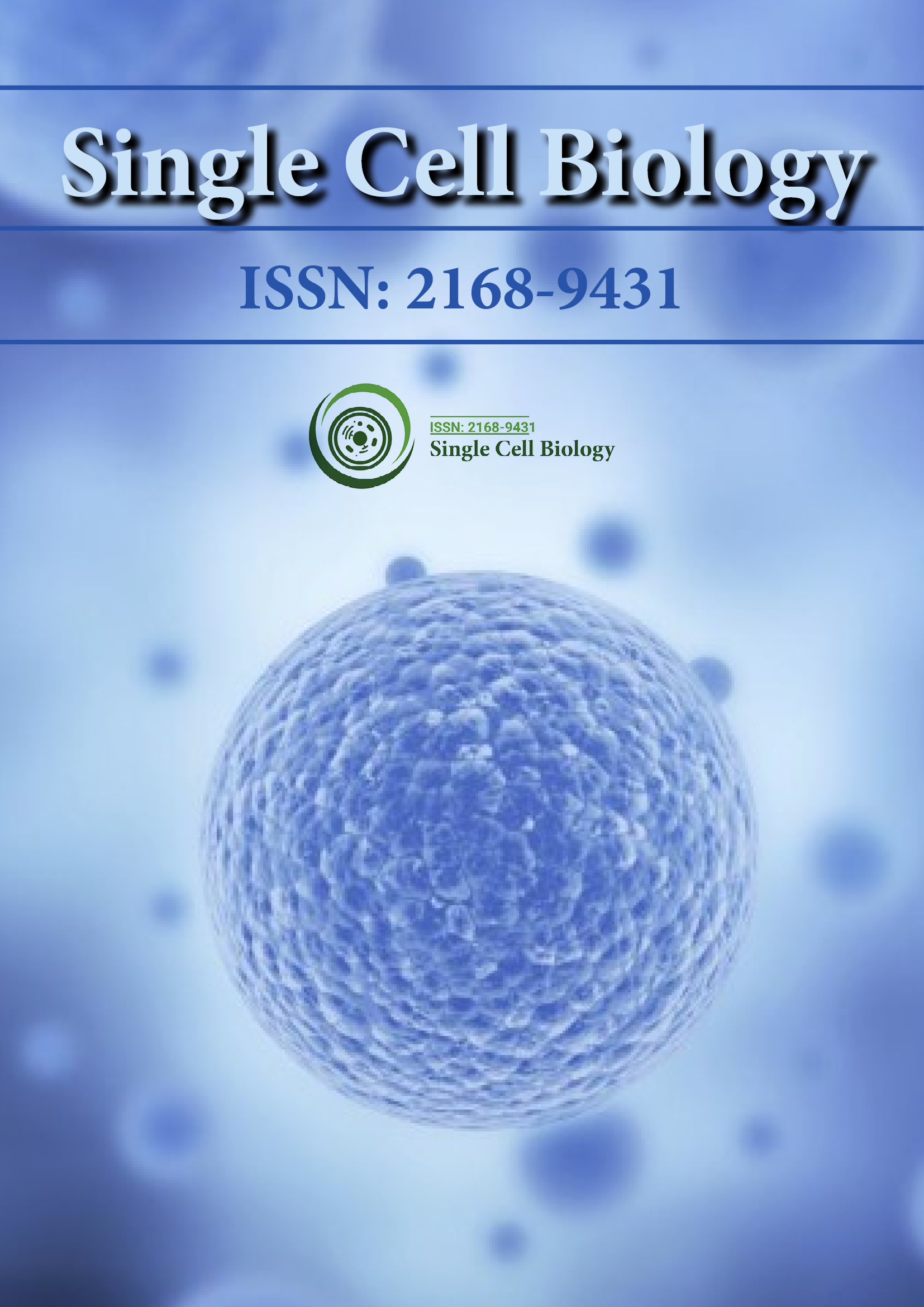Indiziert in
- Forschungsbibel
- CiteFactor
- RefSeek
- Hamdard-Universität
- EBSCO AZ
- Publons
- Genfer Stiftung für medizinische Ausbildung und Forschung
- Euro-Pub
- Google Scholar
Nützliche Links
Teile diese Seite
Zeitschriftenflyer

Open-Access-Zeitschriften
- Allgemeine Wissenschaft
- Biochemie
- Bioinformatik und Systembiologie
- Chemie
- Genetik und Molekularbiologie
- Immunologie und Mikrobiologie
- Klinische Wissenschaften
- Krankenpflege und Gesundheitsfürsorge
- Landwirtschaft und Aquakultur
- Lebensmittel & Ernährung
- Maschinenbau
- Materialwissenschaften
- Medizinische Wissenschaften
- Neurowissenschaften und Psychologie
- Pharmazeutische Wissenschaften
- Umweltwissenschaften
- Veterinärwissenschaften
- Wirtschaft & Management
Abstrakt
Cell-based immunotherapy: A promising future solution for effective cancer therapy
Subhradip Karmakar
Cell-based therapy is rapidly emerging as an alternative to conventional chemotherapy for cancer. Although chemotherapy, radiotherapy, and surgery are the main treatment modalities for the vast majority of cancers, they are often associated with undesirable treatment-related side effects. Often, the side effects dramatically affect patients' quality of life. Therapy-related AML (t-AML) is one such consequence of mutational events associated with cytotoxic drugs. To make cancer therapy more tumor-specific and thus spare the non-cancerous parts of the body, cell-based therapy that utilizes the body's immune system (cancer immunotherapy) is now being increasingly researched. This review focuses on the emergence of new technologies that aim to engineer T lymphocytes to selectively recognize cancer-specific markers on transformed cells, thus facilitating their elimination without harming the body's normal cells. Clinical data show enormous potential of this approach and it is currently used in several institutions worldwide against a variety of cancer types with almost complete remission and fewer side effects.